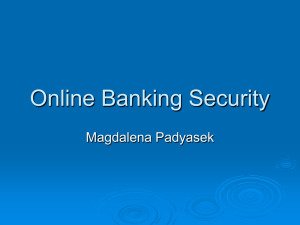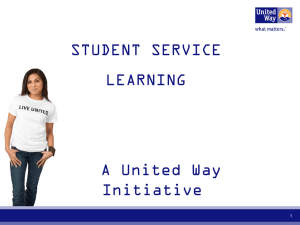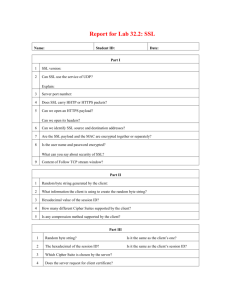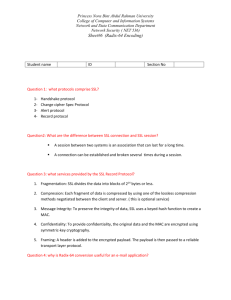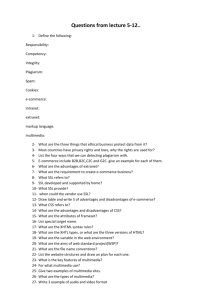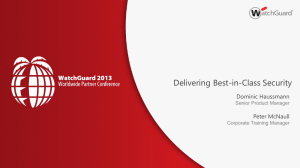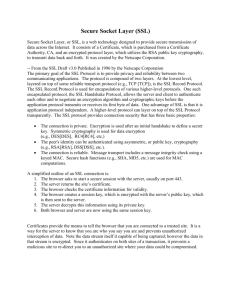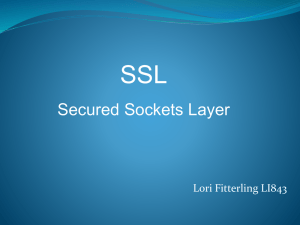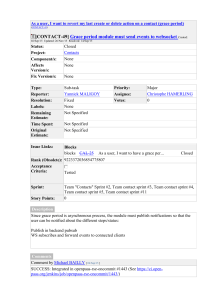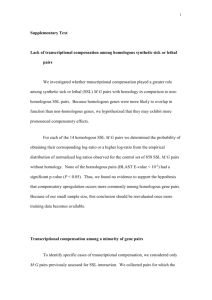MEEA Midwest LEDers Sell Sheet
advertisement
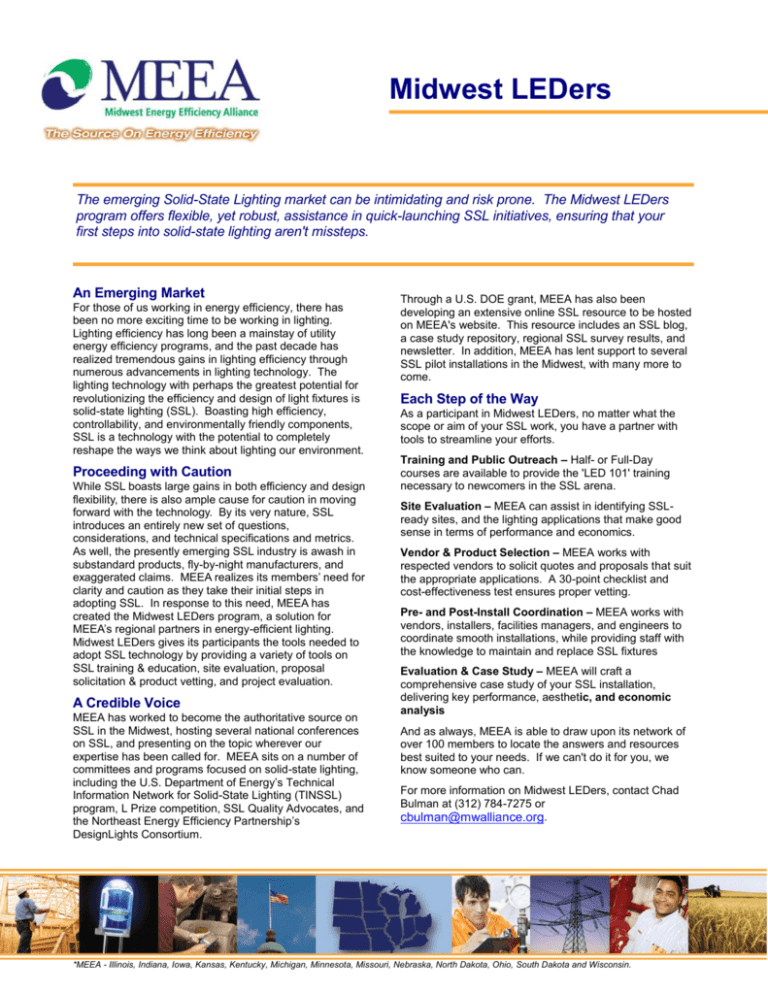
Midwest LEDers The emerging Solid-State Lighting market can be intimidating and risk prone. The Midwest LEDers program offers flexible, yet robust, assistance in quick-launching SSL initiatives, ensuring that your first steps into solid-state lighting aren't missteps. An Emerging Market For those of us working in energy efficiency, there has been no more exciting time to be working in lighting. Lighting efficiency has long been a mainstay of utility energy efficiency programs, and the past decade has realized tremendous gains in lighting efficiency through numerous advancements in lighting technology. The lighting technology with perhaps the greatest potential for revolutionizing the efficiency and design of light fixtures is solid-state lighting (SSL). Boasting high efficiency, controllability, and environmentally friendly components, SSL is a technology with the potential to completely reshape the ways we think about lighting our environment. Proceeding with Caution While SSL boasts large gains in both efficiency and design flexibility, there is also ample cause for caution in moving forward with the technology. By its very nature, SSL introduces an entirely new set of questions, considerations, and technical specifications and metrics. As well, the presently emerging SSL industry is awash in substandard products, fly-by-night manufacturers, and exaggerated claims. MEEA realizes its members’ need for clarity and caution as they take their initial steps in adopting SSL. In response to this need, MEEA has created the Midwest LEDers program, a solution for MEEA’s regional partners in energy-efficient lighting. Midwest LEDers gives its participants the tools needed to adopt SSL technology by providing a variety of tools on SSL training & education, site evaluation, proposal solicitation & product vetting, and project evaluation. A Credible Voice MEEA has worked to become the authoritative source on SSL in the Midwest, hosting several national conferences on SSL, and presenting on the topic wherever our expertise has been called for. MEEA sits on a number of committees and programs focused on solid-state lighting, including the U.S. Department of Energy’s Technical Information Network for Solid-State Lighting (TINSSL) program, L Prize competition, SSL Quality Advocates, and the Northeast Energy Efficiency Partnership’s DesignLights Consortium. Through a U.S. DOE grant, MEEA has also been developing an extensive online SSL resource to be hosted on MEEA's website. This resource includes an SSL blog, a case study repository, regional SSL survey results, and newsletter. In addition, MEEA has lent support to several SSL pilot installations in the Midwest, with many more to come. Each Step of the Way As a participant in Midwest LEDers, no matter what the scope or aim of your SSL work, you have a partner with tools to streamline your efforts. Training and Public Outreach – Half- or Full-Day courses are available to provide the 'LED 101' training necessary to newcomers in the SSL arena. Site Evaluation – MEEA can assist in identifying SSLready sites, and the lighting applications that make good sense in terms of performance and economics. Vendor & Product Selection – MEEA works with respected vendors to solicit quotes and proposals that suit the appropriate applications. A 30-point checklist and cost-effectiveness test ensures proper vetting. Pre- and Post-Install Coordination – MEEA works with vendors, installers, facilities managers, and engineers to coordinate smooth installations, while providing staff with the knowledge to maintain and replace SSL fixtures Evaluation & Case Study – MEEA will craft a comprehensive case study of your SSL installation, delivering key performance, aesthetic, and economic analysis And as always, MEEA is able to draw upon its network of over 100 members to locate the answers and resources best suited to your needs. If we can't do it for you, we know someone who can. For more information on Midwest LEDers, contact Chad Bulman at (312) 784-7275 or cbulman@mwalliance.org. *MEEA - Illinois, Indiana, Iowa, Kansas, Kentucky, Michigan, Minnesota, Missouri, Nebraska, North Dakota, Ohio, South Dakota and Wisconsin.
